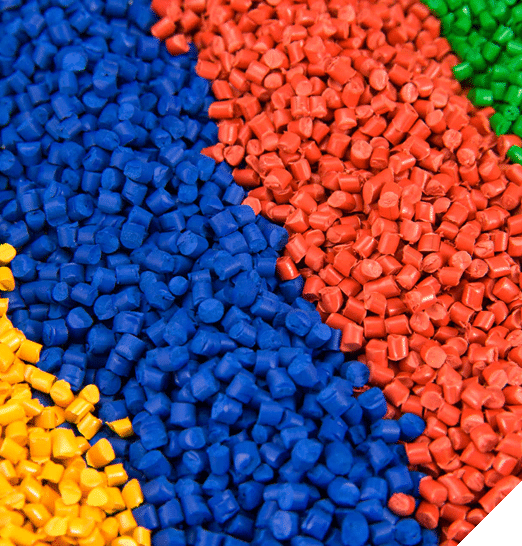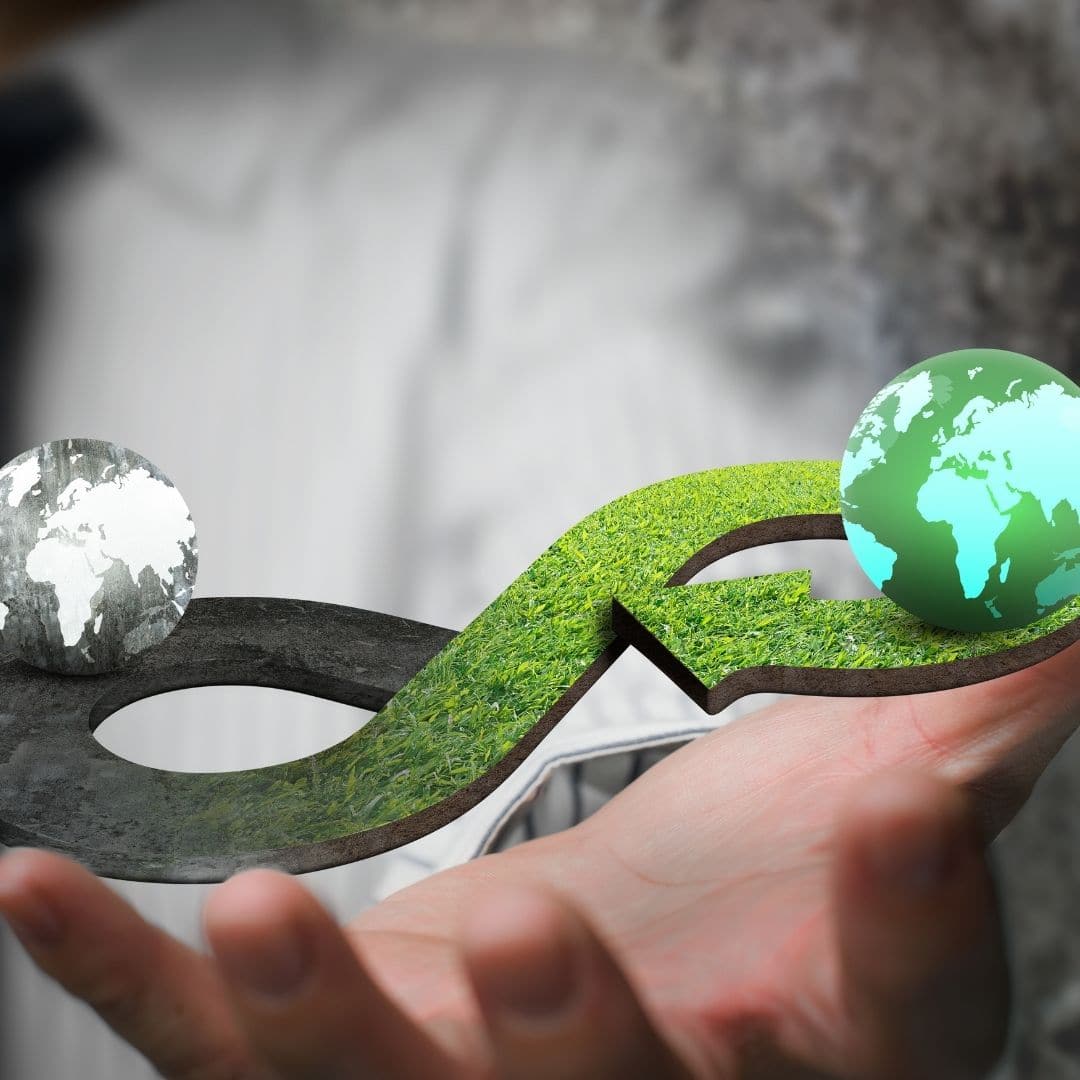
 Circular economy
Circular economy
Circular economy plays an important role in climate issues, and offers many economic opportunities at the same time. In a nutshell, circular economy means: products and raw materials are used for as long as possible at the highest possible quality.
Our goal is to close cycles. Not only cycles of raw materials and energy, but also those involving human capital.
To do so, we need new business models: sharing, repairing, reusing, remaking and eventually high-quality recycling. All this is not new, but it has to be part of our economic system, at scale, and with value-added creation. According to a study by Steunpunt Circulaire Economie (Circular Economy Support Centre), the transition to a circular economy in Flanders could generate EUR 2.3 billion in added value and create 30,000 new jobs.
According to a study by Vlaanderen Circular, employment opportunities in companies working towards a circular economy are already growing almost three times faster than in the normal, traditional Flemish economy. Today, more than 43,000 employees are already working in these so-called circular sectors.
Circular economy is a broad and transversal concept. For this reason, POM Limburg defined three priorities or focus areas:
- Design for the future
- Raw material efficiency
- Service life extension
The sectors where the greatest impact is expected:
- Construction
- Plastics
- Design and innovation

